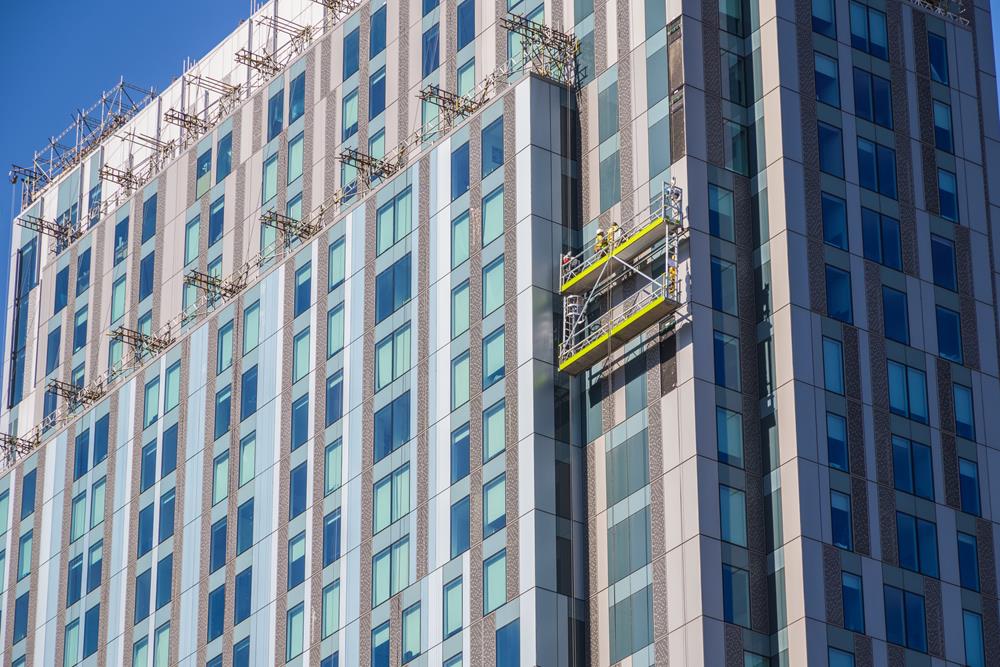New construction compliance: safer and greener buildings

The focus on making both commercial and domestic life all the more sustainable, quite rightly, continues to grow. The construction sector is no exception.
Prime Minister Boris Johnson has proclaimed that in order to recover from the impact of COVID-19, the UK should ‘build, build, build’. But he has also said that our recovery should be a green one.
Now there are some significant new compliance requirements on the horizon for the construction industry, and here are the details in brief.
Building safety reform
In the wake of Grenfell and the Hackitt Review, proposed new legislation, the draft Building Safety Bill, has been published, to sit alongside various other government and legislative reforms to overhaul the existing building and fire safety regime.
The draft Bill is wide-ranging in scope, and covers more than just fire safety, aiming to ‘introduce a new era of accountability’. Requirements for housing developments look to include:
- designation of the ultimate accountable person, and appointment of a Building Safety Manager;
- stricter regulation for ‘higher risk’ buildings. At present it is proposed to apply to buildings of 18m or higher and/ or meeting residency criteria, although there is discussion about changing the regulation to catch buildings of 11m or higher;
- retention of a ‘golden thread’ of compliance information throughout the lifecycle of a building;
- registration with the proposed new Building Safety Regulator; and
- compliance with various orders by and powers of the new Regulator.
Industry consultation closed on 12 October.
The Environment Bill
The Environment Bill is making its way through Parliament. It is intended to put the environment at the centre of all policy making.
As it is currently drafted, the key impact on the construction industry is the introduction of a pre-commencement condition on the grant of planning permission, for formal approval of a bio-diversity gain plan, subject to specified exemptions.
Developments will need to increase the bio-diversity of any onsite habitat by 10%, and set out a plan to maintain this for 30 years, before they can progress with any works. The Bill does not currently propose this requirement will come into immediate effect, which should mean business will be given time to prepare for the new requirement.
For more specialist legal advice please get in touch with Lucilla Waugh on 0191 211 7984 or email [email protected]
